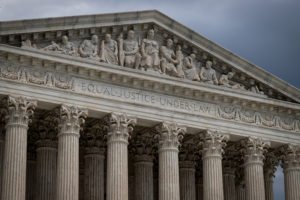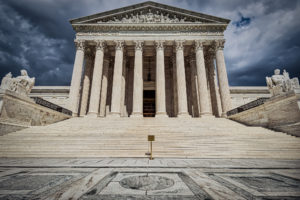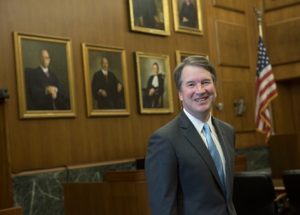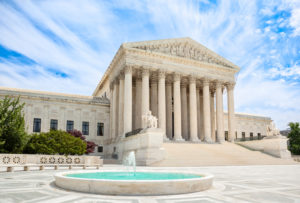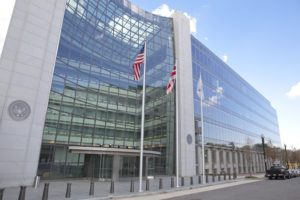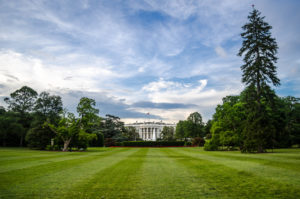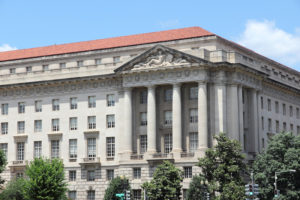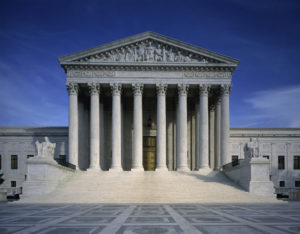Asylum and the Abuse of Administrative Law
The Trump Administration violated administrative procedure to overhaul asylum policy.
Judge Kavanaugh’s Activist Vision of Administrative Law
In his D.C. Circuit cases, Judge Kavanaugh tends to disfavor most agency interpretations of statutes.
Judge Kavanaugh, Chevron Deference, and the Supreme Court
If confirmed, Judge Kavanaugh would likely support narrowing Chevron’s scope.
Judge Kavanaugh and Administrative Law
What would Judge Kavanaugh’s confirmation mean for the U.S. Supreme Court’s administrative law decisions?
Shunting Aside Chevron Deference
The Supreme Court’s most recent term suggests that some justices would revise the doctrine of Chevron deference.
Lucia Turns Out to Be Much Ado About Nothing
The Court’s decision about administrative judges skirts major separation of powers questions.
Participatory Rulemaking in China Needs Even More Effort
Recent revisions to China’s administrative regulations will not guarantee effective public participation.
Let’s Be Real About Trump’s First Year in Regulation
Claims that the Trump Administration has radically reduced regulation are simply not true.
On Immigration, Trump Is No Deregulator
The Trump Administration has significantly increased regulation of immigration—to the nation’s detriment.
Trump, EPA, and the Anti-Regulatory State
Ideological polarization and regulatory capture have made 2017 a bad year for EPA.
What A Difference A Year Makes
Americans should applaud President Trump for rolling back Obama Administration overreach.
The Fight Against the Travel Ban
Federal courts’ blocking of President Trump’s travel bans reaffirms the strength of the American system.


